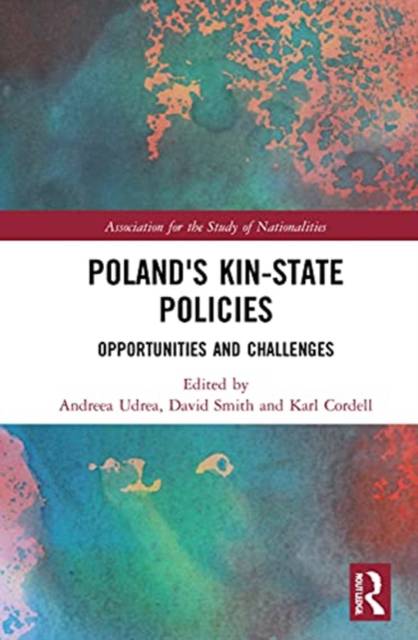
- Retrait gratuit dans votre magasin Club
- 7.000.000 titres dans notre catalogue
- Payer en toute sécurité
- Toujours un magasin près de chez vous
- Retrait gratuit dans votre magasin Club
- 7.000.0000 titres dans notre catalogue
- Payer en toute sécurité
- Toujours un magasin près de chez vous
Description
The increased engagement of states with their co-ethnics abroad has recently become one of the most contentious features of European politics. Until recently, the issue has been discussed predominantly within the paradigm of international security; yet a review of the broader European picture shows that kin-state engagement can in fact have a positive societal impact when it actually responds effectively to the claims formulated by co-ethnic communities themselves.
Poland's Kin-State Policies: Opportunities and Challenges offers new insights into this issue by examining Poland's fast-evolving relationship with Polish communities living beyond its borders. Its central focus is the Act on the Polish Card (generally known as Karta Polaka). Tracing policymaking processes and the underlying political agendas that have shaped them, the volume situates Poland's engagement within broader conceptual and normative debates around kin-state and diaspora politics and explores its reception and impact in neighbouring states (Ukraine, Germany, Lithuania). The volume highlights how the issue of co-ethnics abroad is increasingly being instrumentalised, most especially for the purposes of attracting labour migration to resolve the demographic crisis in Poland.
The chapters in this book were originally published as a special issue of Ethnopolitics.
Spécifications
Parties prenantes
- Editeur:
Contenu
- Nombre de pages :
- 158
- Langue:
- Anglais
- Collection :
Caractéristiques
- EAN:
- 9781032040288
- Date de parution :
- 06-09-21
- Format:
- Livre relié
- Format numérique:
- Genaaid
- Dimensions :
- 175 mm x 246 mm
- Poids :
- 469 g

Les avis
Nous publions uniquement les avis qui respectent les conditions requises. Consultez nos conditions pour les avis.





